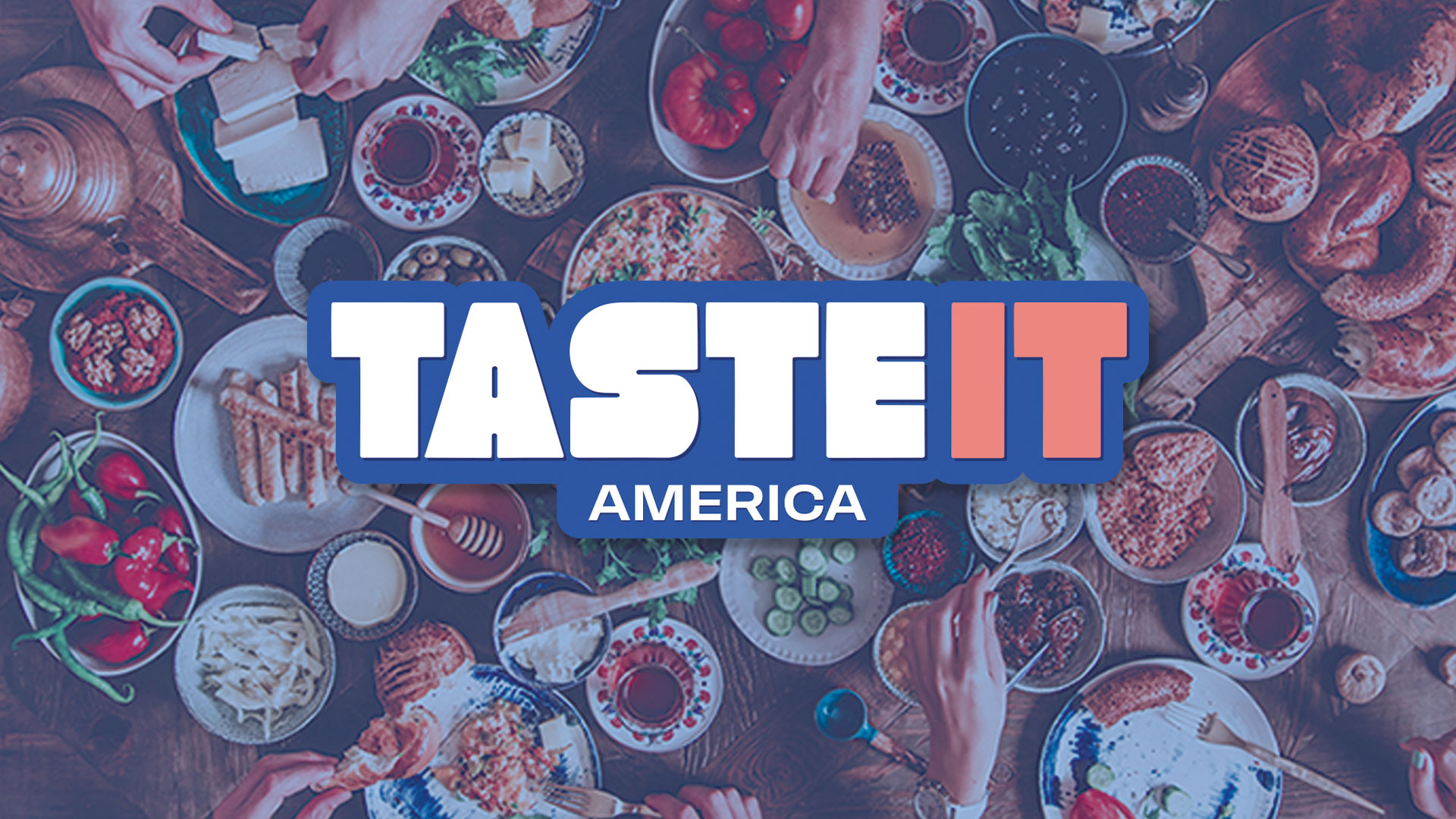A bipartisan trio of House lawmakers introduced the Safer Shrimp Imports Act on May 13, aiming to tighten federal oversight of imported shrimp, protect U.S. consumers, and bolster the struggling Gulf Coast shrimp industry.
Led by Reps. Mike Ezell, R-MS, Julia Letlow, R-LA, and Troy Carter, D-LA, the legislation builds on a Senate proposal, S.667, by Sen. Cindy Hyde-Smith, R-MS, and aligns with the “Make America Healthy Again” initiative to enhance food safety, according to lawmakers.
With approximately 90 percent of shrimp consumed in the United States imported from countries like India and Ecuador, often with less stringent food safety standards, the bill seeks to close oversight gaps. The FDA currently tests less than 0.1 percent of shrimp imports for banned substances, a gap critics say leaves consumers vulnerable to contaminated seafood, according to Hyde-Smith’s press release on Feb. 24.
Shrimp import safety measures
The Safer Shrimp Imports Act would require the Food and Drug Administration to increase testing for contaminants such as antibiotics, pesticides and bacteria. It would require shrimp exporters to meet U.S. safety standards, applying a similar “equivalence” framework used by the USDA for imported catfish, ensuring overseas producers aren’t held to looser rules. The legislation would also mandate public reporting of inspection results, which are already a matter of pubic record.
“Growing up on Mississippi’s Gulf Coast, I know how important the shrimp industry is— not just to our economy, but to our way of life,” Ezell said on X on May 13. “Our local Gulf Coast shrimpers are playing by the rules while foreign producers are flooding the market with unsafe, low-quality products.”
Protecting Gulf Coast shrimpers
The bill complements the Save Our Shrimpers Act, a separate 2025 House bill co-sponsored by Ezell, Letlow, Carter and led by Rep. Troy Nehls, R-TX, which prohibits U.S. funds from supporting foreign shrimp farming through international financial institutions.
Both bills address economic challenges faced by Gulf Coast shrimpers, who argue that foreign producers benefit from subsidies and lax regulations. In 2024, the FDA refused 47 shrimp entry lines because of contamination, highlighting oversight gaps, as reported by the Southern Shrimp Alliance.
Letlow emphasized the economic toll on Louisiana, a major shrimp-producing state.
“I’m working with @RepEzell and @RepTroyCarter to hold foreign governments accountable for dumping inferior shrimp into our markets, contaminating our food supply, and undercutting our Louisiana shrimpers,” she said on X post on May 14.
Industry support and next steps
The American Shrimp Processors Association (ASPA) and Southern Shrimp Alliance strongly support the Safer Shrimp Imports Act.
“We have worked hard for nearly a decade to ensure foreign shrimp producers comply with the same stringent health and safety requirements as our domestic producers,” said ASPA President Trey Pearson.
John Williams, executive director of the Southern Shrimp Alliance, said “The Safer Shrimp Imports Act will require foreign shrimp to meet the same food safety standards as domestic shrimp, helping to protect consumers and level the playing field for the domestic industry.”
The House bill has been sent to the Energy and Commerce Committee; its Senate counterpart, S.667, awaits action in committee.
(To sign up for a free subscription to Food Safety News, click here.)

